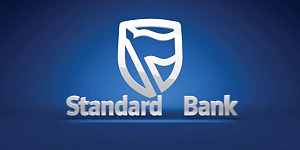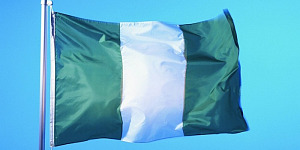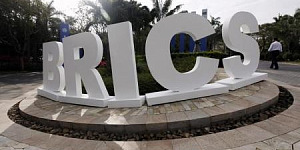According to the Nigerian Bureau of Statistics (NBS), the country’s gross domestic product (GDP) for the second quarter of 2016 contracted by 2.06 percent to record its lowest growth rate in three decades to send Africa’s biggest economy into a recession.
The Nigerian Bureau of Statistics (NBS) said the non-oil sector declined due to a weaker currency while lower oil prices dragged the oil sector down. Output shrank by 0.36 in the first quarter.
Nigeria is in the midst of an economic crisis triggered by a slump in crude prices, its mainstay, which has hammered public finances and the naira and caused chronic dollar shortages. Crude sales accounts for around 70 percent of government revenues.
The West African nation was last in a recession, for less than a year, in 1991, and experienced a prolonged one that started in 1982 and last until 1984, NBS data showed.
On Wednesday, the statistics office also said annual inflation rose to 17.1 percent in July from 16.5 percent in June, and food inflation rose to 15.8 percent from 15.3.








































